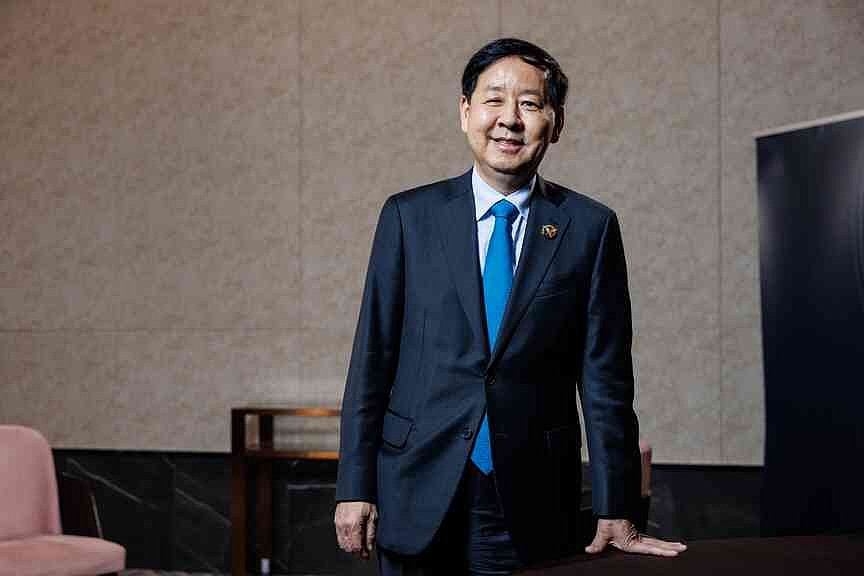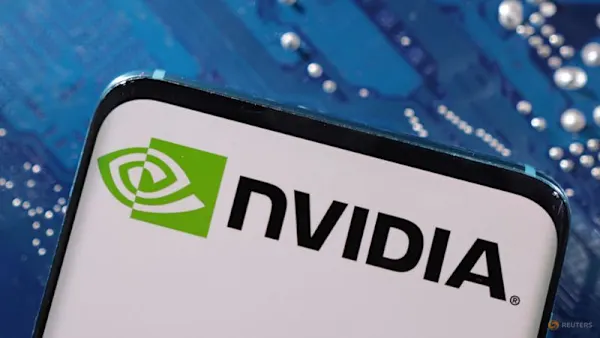Copyright Benzinga

Tanka, a U.S.-based AI collaboration platform headquatered in Bay Area, is betting on its home market with a bold premise — that the future of enterprise software will depend not on bigger models or flashier chatbots, but on memory. With a global vision, the company is prioritizing the U.S. market as its current core focus, followed by Southeast Asia. The company, which builds what it calls "memory-native AI," is preparing to expand its presence by integrating its technology into the daily workflow of startups and small businesses. A new Slack plugin, due later this year, will bring Tanka's long-term memory and proactive AI features directly into a tool that U.S. founders already rely on. The move is designed to make adoption seamless and showcase how AI can evolve with users over time rather than starting fresh every day. Tanka's approach aims squarely at a market that's crowded, demanding, and impatient. The U.S. startup ecosystem, flooded with AI tools promising to boost productivity, has become a proving ground where only practical and differentiated products survive. The company believes its memory-first design — where AI systems continuously learn from team interactions and context — can give it the staying power that others lack. "U.S. founders are the most AI-saturated audience in the world. They've seen every new model, every shiny demo, every ‘copilot' pitch," says Kisson Lin, Tanka's co-founder and chief executive. "Their immunity to hype is extremely high — which, honestly, I love. It keeps the bar high and filters out mediocrity." For Lin, the U.S. push is less about chasing scale and more about proving Tanka's depth. "Our biggest paradox is that Tanka gets exponentially better the more you use it. Memory compounds," she explains. "A team that has built one or two years of memory inside Tanka experiences a completely different product. But for a new user, that difference isn't obvious on day one." Also Read: Microsoft’s AI Chief Criticizes ChatGPT’s Erotica Features Despite $13 Billion OpenAI Investment That challenge — showing long-term value to a user base that expects instant results — has shaped the company's rollout strategy. "In the U.S., time is the rarest currency," Lin says. "Founders are busier, more fragmented, and less patient. You can't ask them for a six-month runway to feel the magic — you have to prove it in the first five minutes." The company's go-to-market strategy in the U.S. reflects that same practical philosophy. Instead of targeting large enterprises, Tanka is focused on early-stage startups, solo builders, and traditional small businesses — groups that Lin describes as "the AI-native generation." "They're people who get AI, who don't need to be convinced it's the future," she says. "They give sharp feedback, have higher standards, and instantly recognize real differentiation." Rather than rely on paid advertising, Tanka is leaning on a combination of product-led and community-led growth. The team organizes founder meetups, AI demo nights, and workshops across major U.S. tech hubs to help users learn the platform's deeper capabilities. "If you surface every feature upfront, the UI becomes chaos. If you hide them elegantly, users won't know what they don't know. So we teach through community and content — not ads," Lin says. Security and compliance are also front and center as Tanka scales stateside. The company is fully compliant with California's CCPA and has achieved both SOC 2 Type II and ISO/IEC 27001:2022 certifications. Revenue in the U.S. will primarily come from subscription-based SaaS fees, with incubators and founder communities serving as acquisition channels. "At our current stage, our scale is still small, so it's unlikely we could form truly win-win partnerships with the major platforms," Lin says. "Instead, our strategy is to focus on growing our paid user base directly." As investors scrutinize defensibility in the AI space, Lin argues that memory itself is the moat. "True defensibility comes from delivering real, differentiated value to users — not just building moats for their own sake," she says. Tanka plans to release an open-source framework and benchmark for AI memory later this year, an effort aimed at setting standards for the broader industry. Lin hopes the initiative will help shape how teams measure and value AI awareness in the years ahead. "Models will converge," she says. "Memory is what differentiates intelligence from awareness. And awareness is what makes AI truly useful." Read Next



